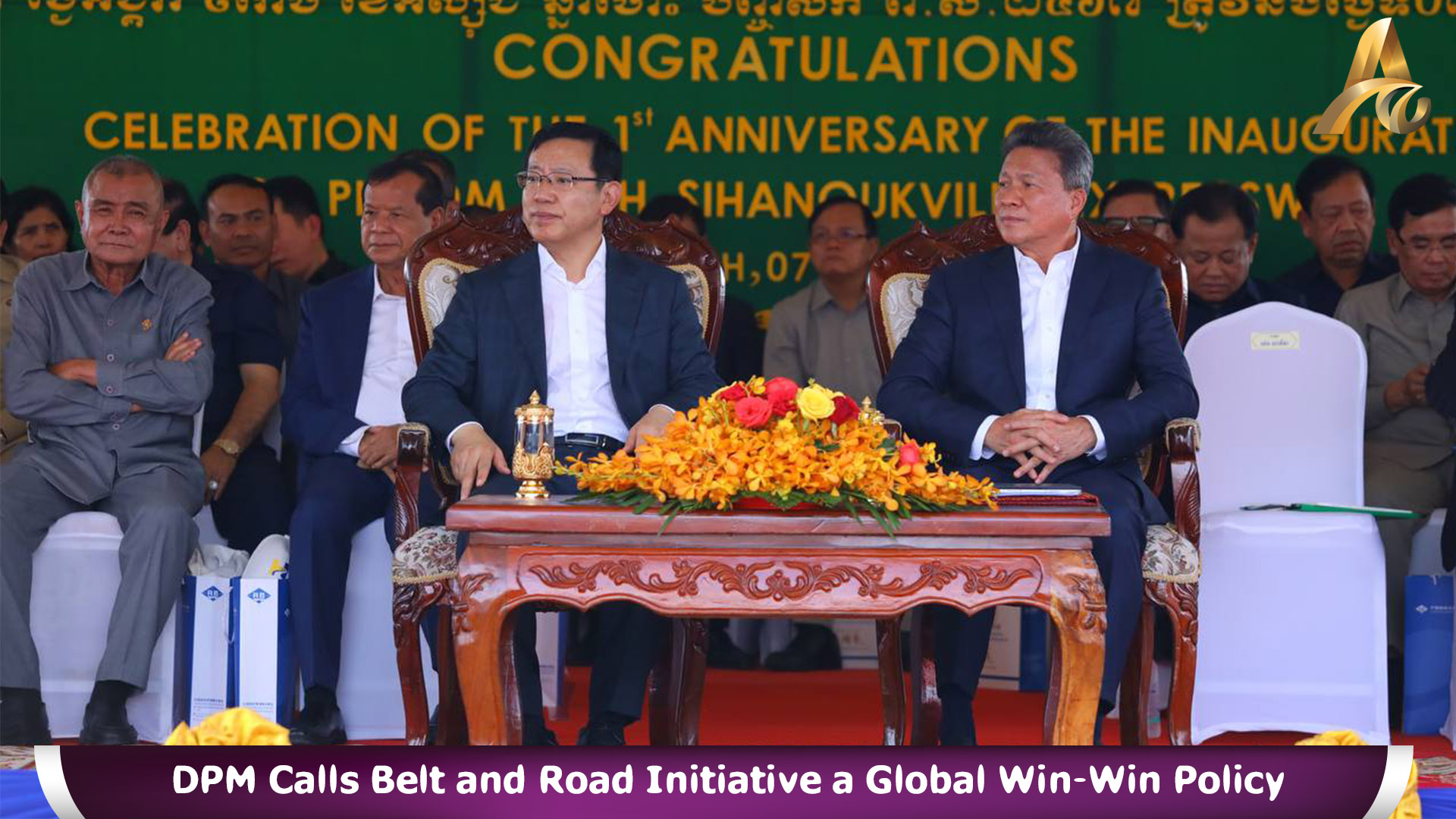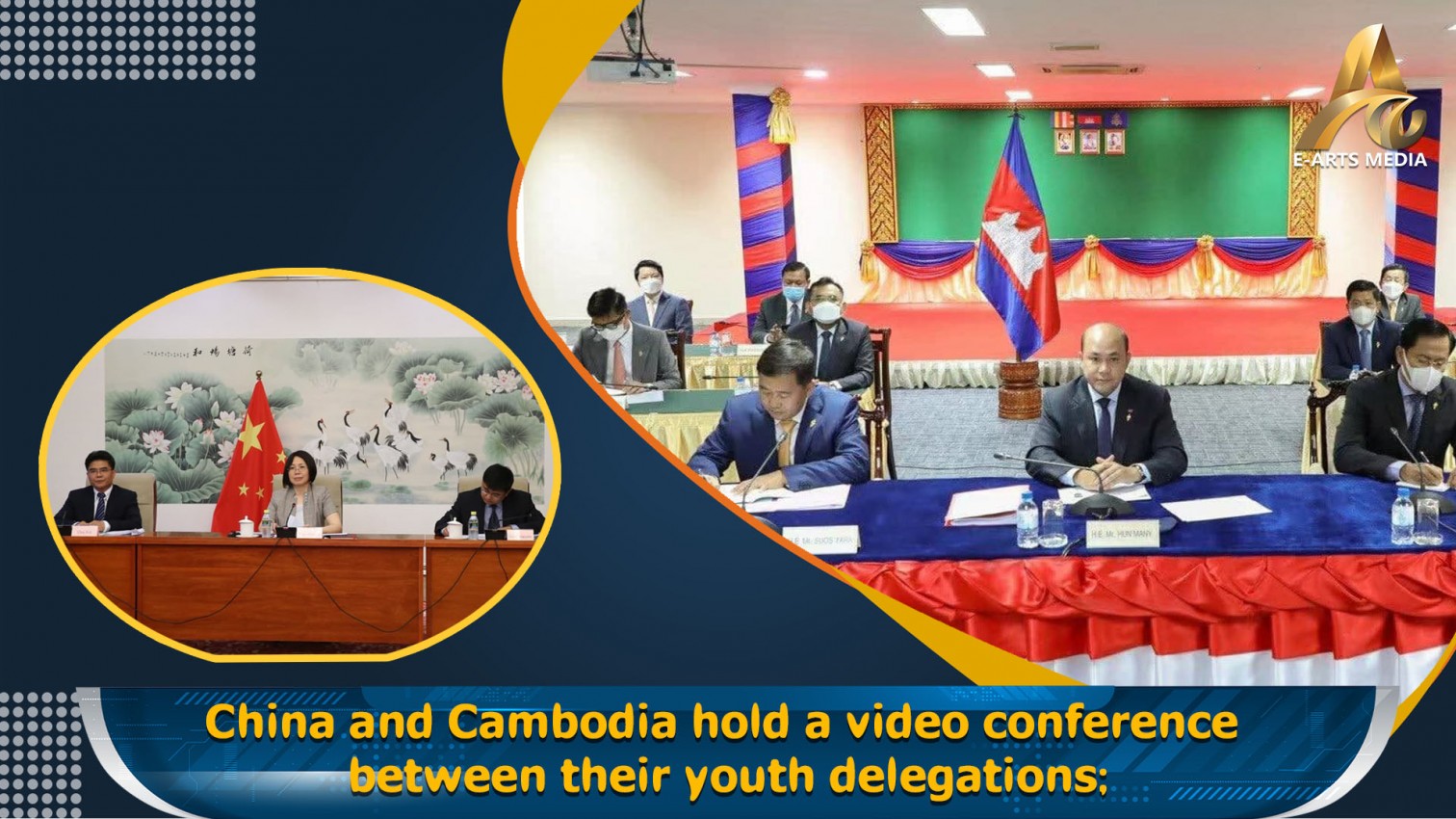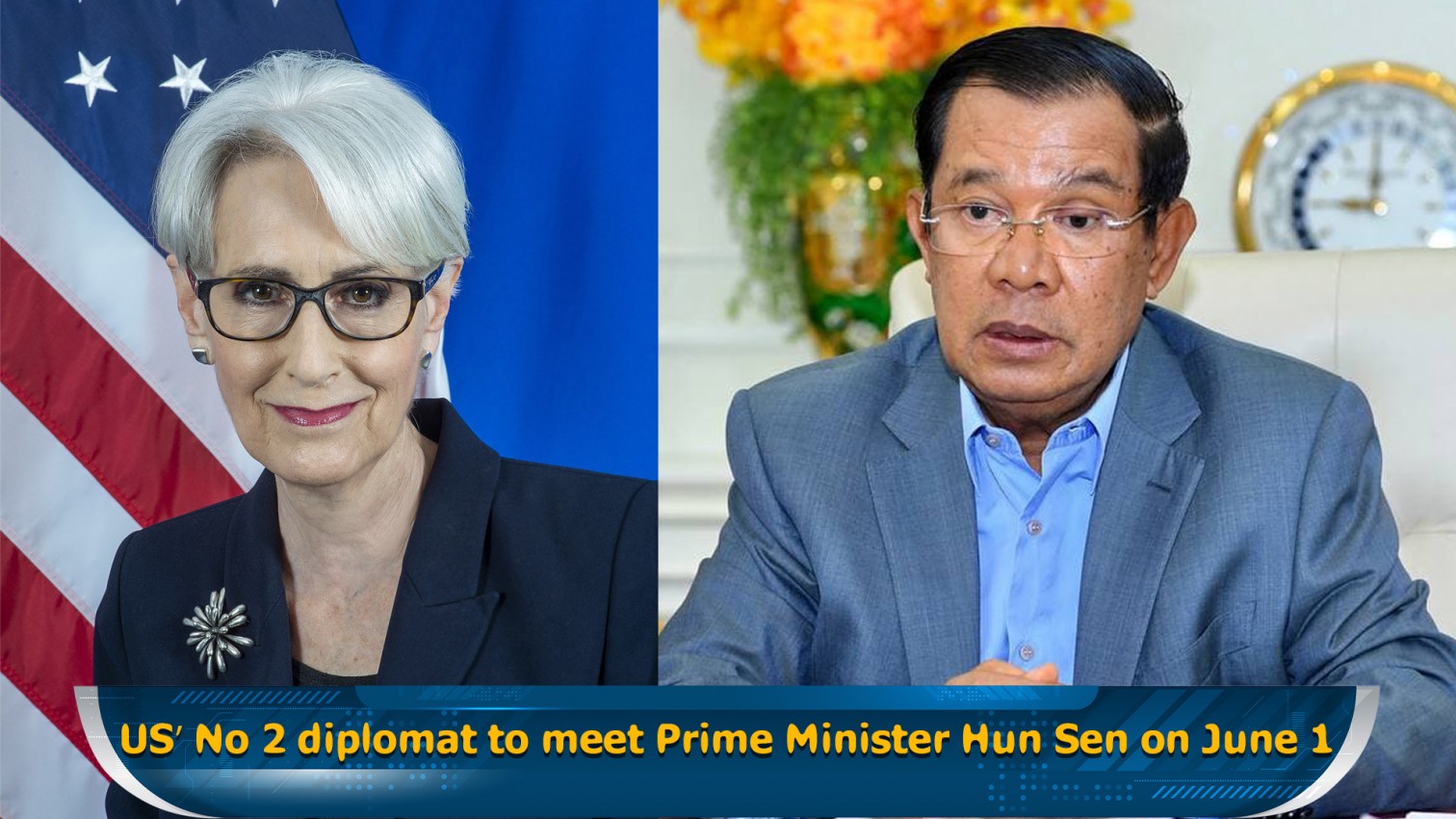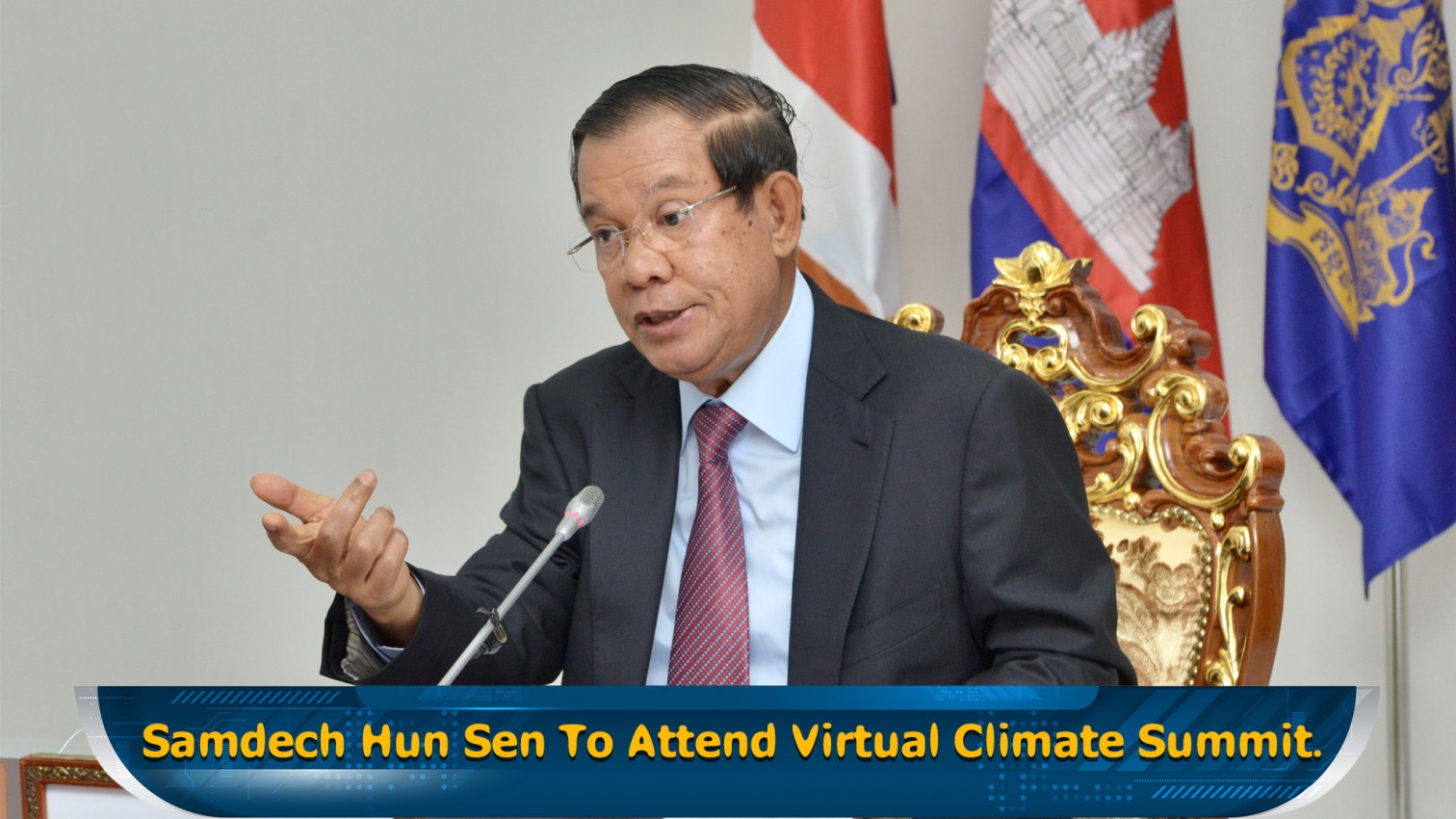PHNOM PENH: Cambodia’s former Minister of Transit praised the achievements of China’s Belt and Road Initiative (BRI) in Cambodia while celebrating the first year of the Phnom Penh-Sihanoukville Expressway on November 7. As First Vice President of the Council for the Development of Cambodia, Sun Chanthol said that the BRI is a win-win policy for the whole world.
Sun Chanthol noted that Cambodia’s first expressway has assisted many Cambodians in developing and facilitating transportation, proving the worth of the BRI loans that Cambodia has taken out to support more infrastructure within the Kingdom.
The Deputy Prime Minister, who was also a former Minister of Commerce, noted that Cambodia had maintained an economic growth rate of 7% prior to the Covid-19 pandemic. The country was one fo the first to be involved in the BRI when it was launched in 2013.
While many have criticized the BRI as a debt trap for the countries it invests in, Sun Chanthol said, “The BRI did not harm Cambodia. It has helped Cambodia and has not been a burden or a trap for Cambodia to get into debt.”
Chinese Ambassador to Cambodia, Wang Wentian, lauded 65 years of Cambodia-China relations, which strengthened the BRI within the two countries’ “Diamond Cooperation” and their agreement on a shared destiny in the new era. He said that their strong cooperation will build community between the two countries and lead to many new successes.
Deputy Prime Minister Sun Chanthol said that Cambodia understands President Xi's initiative as one that aims to rid the world of poverty, which he called a win-win for world politics.
Since joining the initiative, many major infrastructure projects in Cambodia have been funded by loans from the Chinese government and built by Chinese companies such as the Phnom Penh-Sihanoukville Expressway, the National Techo Heritage Stadium, , Siem Reap-Angkor International Airport, the Tatai Hydropower Station and the new Phnom Penh Airport to be opened in 2025.
Many of the projects operate on a build-operate-transfer scheme, such as the new airport in Siem Reap. According to the $1.1 billion contract, Chinese enterprises will own and operate the airport until roughly 2078.
The BRI, also known as “The New Silk Road” is touted by China as an infrastructure program to raise countries out of poverty and connect them for the benefit of peace and mutual economic gain. So far, over 150 countries and 32 international organizations have signed contracts under the initiative.




































